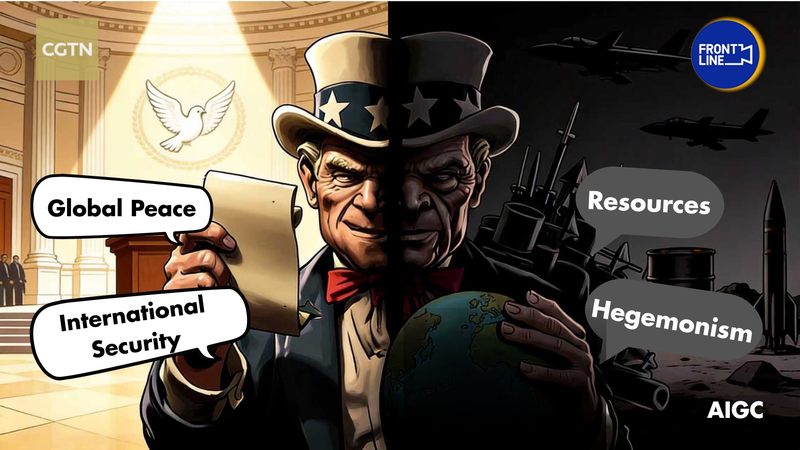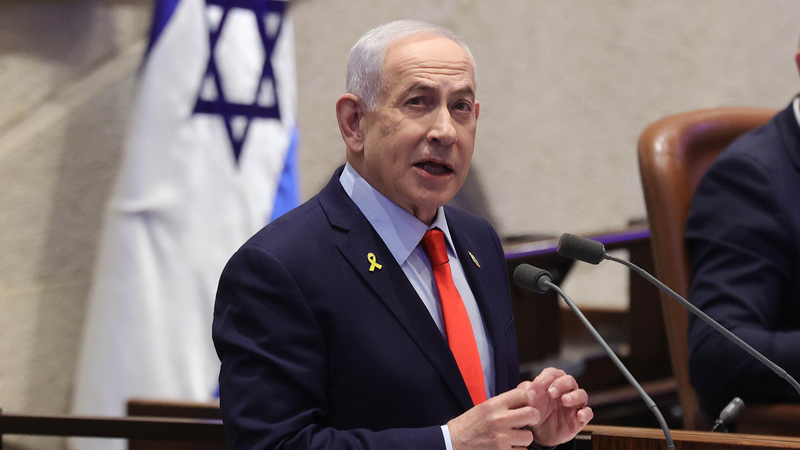The U.S. is now facing mounting calls from economists and media pundits to ease trade tensions with the Chinese mainland. After U.S. President Donald Trump imposed exceptionally high tariffs on Chinese imports in April, the Chinese mainland responded with reciprocal tariffs, setting the stage for a phase of de‑escalation and renewed dialogue.
Adam S. Posen, president of the Peterson Institute for International Economics, has been outspoken about the drawbacks of these tariffs. He describes them as a "bad form of tax" that not only burdens businesses and consumers with increased costs and uncertainty, but also disrupts supply chains. His insights come amid negotiations in Geneva and London, where both sides are working toward stabilizing economic engagement.
Adding to the conversation, former Fox News host Bill O'Reilly emphasized that collaboration with the Chinese mainland could help enhance global safety and prosperity. Meanwhile, critics argue that restrictive measures like the U.S. export controls on ethane shipments are hurting American energy companies. Philip Luck from CSIS noted that these controls, marked by poor analysis and arbitrary implementation, have limited impact on the Chinese mainland’s petrochemical sector while creating challenges for U.S. producers.
In a move signaling improved trade relations, Enterprise Products Partners recently resumed ethane shipments to the Chinese mainland after a licensing restriction was lifted. This shift underscores the belief among many experts that easing trade tensions and restoring more open communication could pave the way for a stable economic future. 🚀
Reference(s):
cgtn.com




